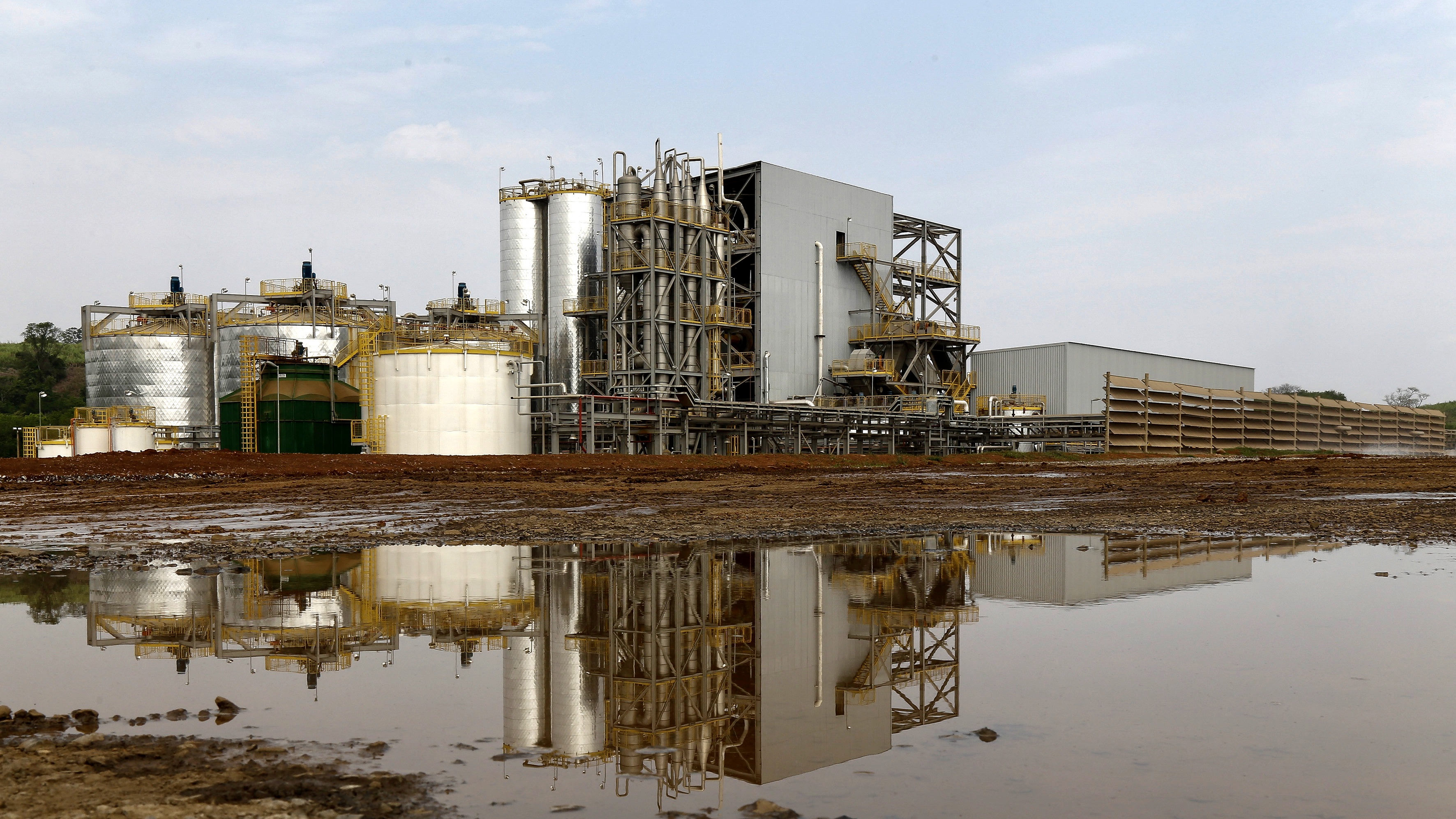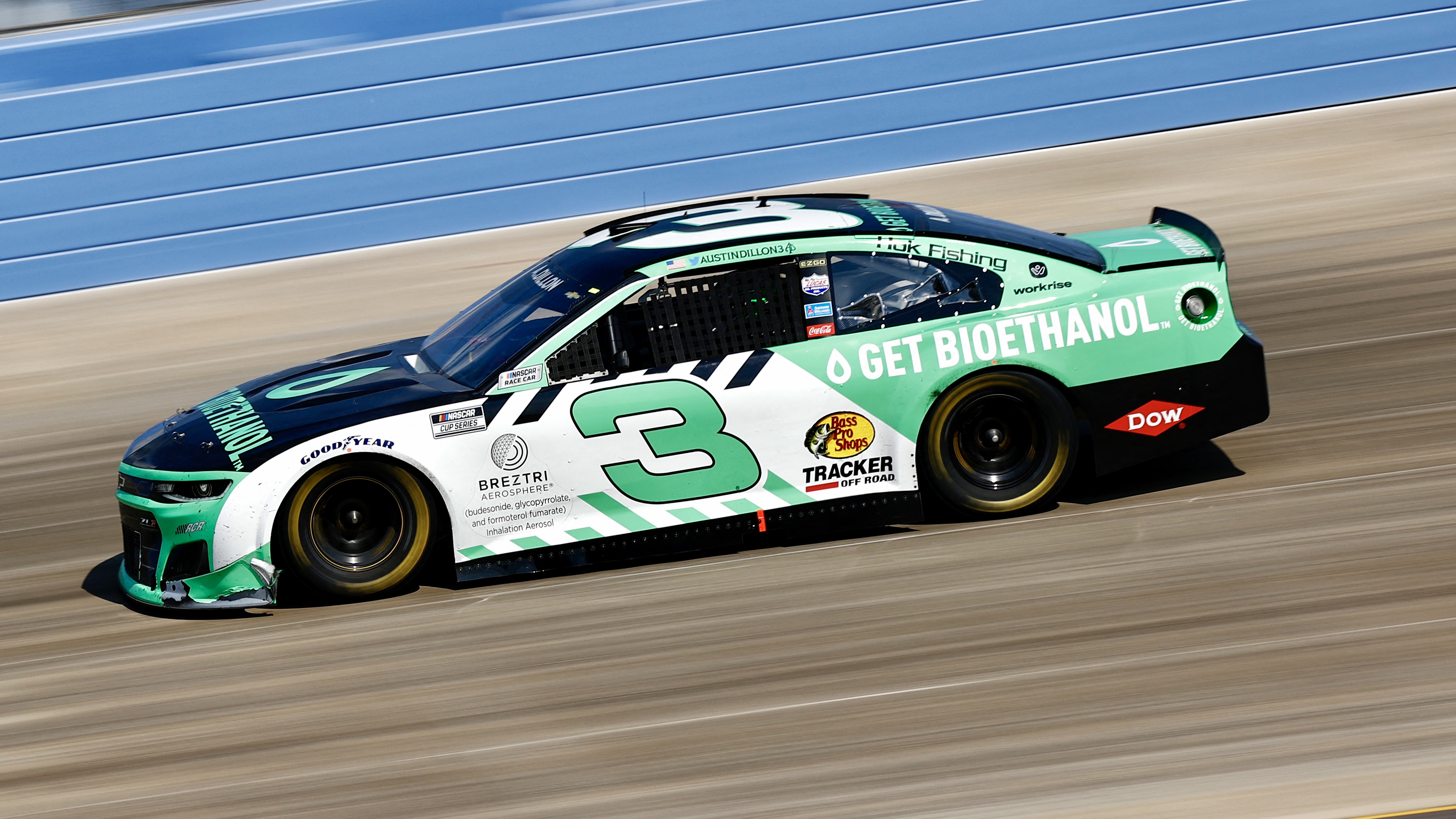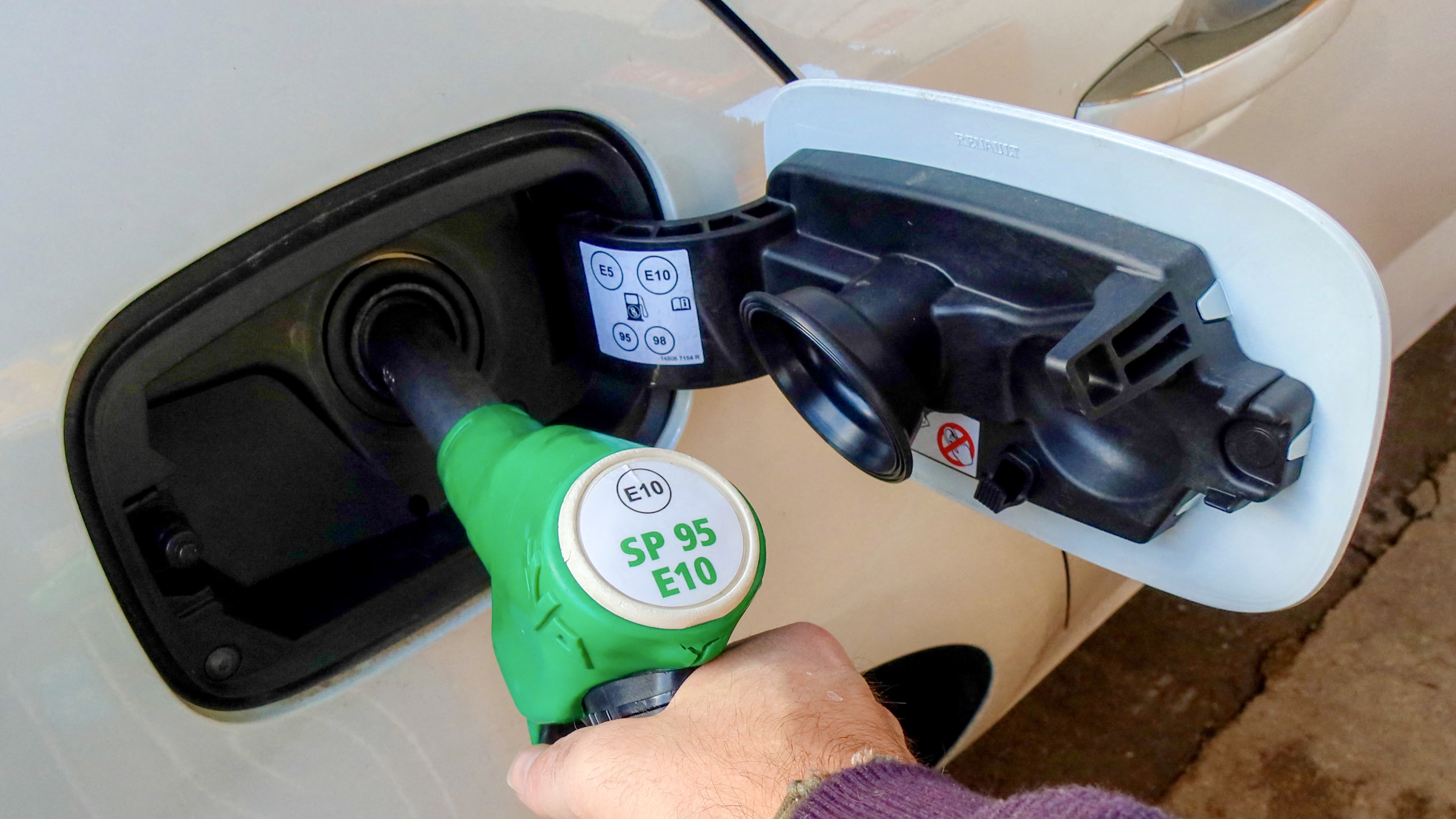The UK introduces a new petrol standard; Gas stations can now only sell fuel that contains ten percent (E10) and five percent (E4) ethanol. The E10 car is expected to cost motorists more than the E5 car it is set to replace, and the performance of E10-powered vehicles will also be lower, but according to the UK regulator, the increased concentration of ethanol will result in less carbon dioxide entering. To the car. Atmosphere.
The E10 will be standardized in England, Scotland and Wales on the island nation, and is scheduled to be rolled out in Northern Ireland in 2022.
Why E10?
Ethanol, also known as ethyl alcohol, is a fuel of biological origin. It is produced from corn, sugar beets, or other grains using biological or petrochemical methods. The number 10 in E10 indicates the percentage of ethanol mixed with unleaded gasoline.
Vehicle fuel can also be pure ethanol (As shown by the example of Brazil, which is rich in sugar cane); In the United Kingdom it is used mixed with petroleum-derived fuels. Until now, E5 gasoline with 5 percent ethanol was the standard in the country, but with the new regulation, the concentration has been increased to 10 percent.

photo_camera
Bioethanol plant in Brazil.
Photography: Miguel Cincariol/AFP
According to the British government, the introduction of E10 is necessary to reduce the concentration of carbon dioxide in the atmosphere. According to their position Doubling the concentration of ethanol releases about 750,000 tons less carbon dioxide into the atmosphere. This is approximately equivalent to stopping 350,000 carsAccording to the latest report from the Intergovernmental Panel on Climate Change (IPCC), global warming is mainly fueled by increasing concentrations of greenhouse gases, and a quarter of the carbon dioxide in the atmosphere comes from vehicles.
Claim: Vehicles would emit less deadly gas if more ethanol was mixed with gasoline. In favor of ethanol, the grains used as raw materials for production also bind carbon dioxide, so the production itself also improves air quality; True, at most it is possible to estimate to what extent. According to previous studies, plant-based ethanol is made from renewable sources such as corn It releases 20 percent less carbon dioxide into the atmosphereLike pure fossil fuels.
Some people conclude from this that ethanol made from corn, for example, is not just carbon neutral, but completely carbon negative – but they forget that growing the plants used to produce bioethanol deprives arable land of other plant species.
It is also greener, weaker and more incompatible
The introduction of the new standard can only be justified on the grounds of environmental protection and comfort. The environmental arguments have just been presented; The convenience function comes from the fact that ethanol mixes easily with other types of fuel. For this reason, it could be a good solution before the introduction of newer, less polluting vehicle types (hybrid/electric). It is easier to mix gasoline with ethanol than to cover the world with e-charging points.
But what about performance? This is worse. The energy density of E10 is lower than that of unleaded gasoline: If you fill your tank with E10, you can cover fewer kilometers compared to the same amount of gasoline. However, the deterioration is barely noticeable; According to experts, E10 shortens the vehicle's range by about 1 percent. There is little difference – flat tires or driving style can also affect the energy efficiency of the car further. (It is important that the emissions and performance indicators of cars manufactured after 2016 are initially certified E10, and their performance is not affected by the new fuel type.)

photo_camera
NASCAR racer Austin Dillon's race car with the inscription “Get Bio Ethanol!”
Photo by Jared C. Tilton/Getty Images via AFP
As for the older models, it seems that many people are confused by the introduction of the new standard. According to tomorrow's official report, 95 percent of British vehicles are E10 compliant, a proportion that sounds good until you consider what it means: every 20 vehicles need to be taken off the road! In the UK, this equates to more than 600,000 cars.
According to the British government, models manufactured after 2011 will not feel the doubling of ethanol concentration, and some cars and motorcycles manufactured in the late 1990s may be affected. Meanwhile, 600,000 cars are falling through the cracks. According to the official website, the use of E10 can lead to technical problems in cars several decades old, some types of passenger cars manufactured in the early 2000s, and scooters with a volume of 50 cc or less. It is also not an ideal type of fuel for boats and gardening tools (such as lawn mowers).
Posted on the government website In the compatibility list Everyone can check if their car farts with E10. Recommended reading, as the incompatibility is not immediately obvious: you can drive any car with E10, but it doesn't matter how you react to it in the long run. Ethanol is corrosive: it not only corrodes seals and plastics, but also causes metal to rust. It is also hygroscopic, so it binds to the moisture content of the air, and the vapor it attracts condenses in the gas tank. Additionally, pure ethanol has difficulty evaporating, which is why vehicles using E10 have difficulty starting in the cold.
What about the unfortunate 600,000 who were not included in the consensus list? They can decide whether they want to upgrade or replace their car. There is no rush, because the transition will be gradual: E10 will be introduced first in larger gas station networks, but filling stations operating in rural and isolated areas will also be available with two types of gasoline: E5 with an octane number of 97 or higher, and E10-95 with the same octane number.

photo_camera
Not only is E10 used in the UK – this photo was taken in Nancy, France – but British standardization could give it a new boost.
Photograph: Nicolas Guyont/Hans Lukas via AFP
Experienced auto mechanics can update older cars and make them E10 compatible. Of course, it depends on the type, whether it is worth spending money on the project, and if so, in what amount. The cost of upgrading a 20-year-old truck is probably more than the value of the car. (However, it is a good idea to request replacement of the fuel lines and seals – if only as a precaution.)
So it must be pretty good – or not so much?
E10 is therefore more expensive, has lower power density, and is compatible with fewer cars than E5, but the British still standardize it. It might seem logical that the main advantage of ethanol is that it is less polluting, which makes up for all its disadvantages – or does it not? Unfortunately, the situation is not that simple: the environmental footprint of bioethanol production is not exactly the size of a ballet shoe. Let's see some of the harmful side effects:
- High food prices. According to a report issued by the World Bank in July 2008 Between 2002 and 2008, the prices of corn, sugar beets and other crops used to produce biofuels rose by 70 percent.
- Exploitative production that is space and resource intensive. Bioethanol production requires huge agricultural areas, which not only reduces the amount of land that produces food, but also destroys the biodiversity of the region.
- Not carbon neutral. It is not carbon negative: a lot of carbon dioxide is released into the atmosphere during production.
It is difficult to ignore the arguments that wealthy car owners, by using ethanol gasoline, are taking a bite out of the mouths of the poor. But it is also not easy to answer whether we are better off with fossil fuels, which (by amplifying the negative impacts of climate change) could have a much greater impact on arable land than a million hectares of corn.
Related articles about Qubit:






